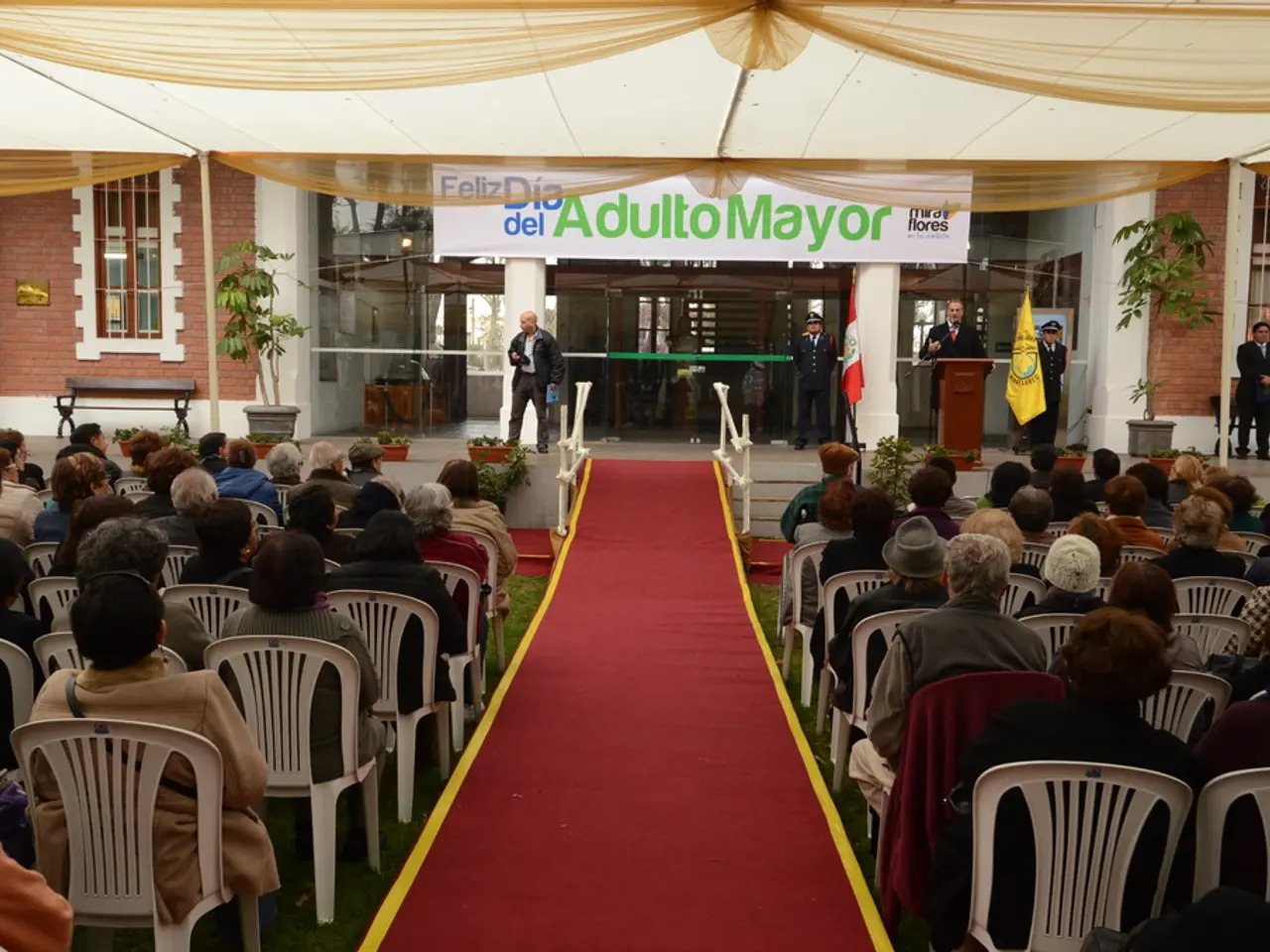Opposes Tax Hikes and Citizenship Perks for Ukrainians in the South
Markus Söder Advocates for Fiscal Conservatism and Welfare Reform
In a recent statement, Bavarian Minister-President Markus Söder has expressed opposition to tax increases and called for a comprehensive overhaul of financial support for Ukrainian refugees in Germany. Söder's stance is more restrictive than the current grand coalition's policy, aiming to push for changes within the federal government to stop these payments to Ukrainians altogether.
Söder emphasized that the coalition had "just cut taxes," and he sees current aid payments as an obstacle to integrating Ukrainians into the labor market. He stated that a "complete change in the citizen's money" is necessary to ensure that everyone who can work must take up work. This call for reform comes as social welfare costs in Germany have escalated to approximately 46.9 billion euros.
Regarding broader economic policies, Söder insists there must be no additional taxes in Europe to offset economic challenges such as new tariffs in trade deals with the US. He criticizes overarching EU strategies like the Green Deal and prefers a stronger focus on economic relief rather than further taxation or burdens. This position aligns with the German federal government’s broader rejection of increased EU budget proposals and new EU taxes on companies, signaling a conservative fiscal approach within the grand coalition and federal economic policy.
Söder's rejection of tax increases during the current legislative period is a response to demands from the SPD for higher taxes. The CSU leader has stated that the SPD is not adhering to the coalition agreement at the federal level if they demand tax increases. The ongoing debate highlights the tension between the two parties within the grand coalition, with Söder advocating for fiscal conservatism and reform, while the SPD pushes for increased taxes to fund social programs.
As the situation in Ukraine continues to unfold, the debate over financial support for refugees and economic policy will undoubtedly remain a contentious issue in Germany. Söder's stance on these matters underscores his commitment to fiscal responsibility and the integration of refugees into the labor market, which he believes is key to economic growth and the long-term sustainability of Germany's social welfare system.
- In the face of ongoing debates about financial support for Ukrainian refugees and economics, EC countries must consider Söder's proposal for a stricter employment policy, aiming to integrate refugees into the workforce as a means to foster economic growth, as stated by the Bavarian Minister-President.
- Amidst calls for increased taxes from the SPD, Söder's rejection of tax increases within the federal government aligns with a conservative fiscal approach, underlining the stark political differences between the two parties within the grand coalition regarding economic policies and social welfare costs.







